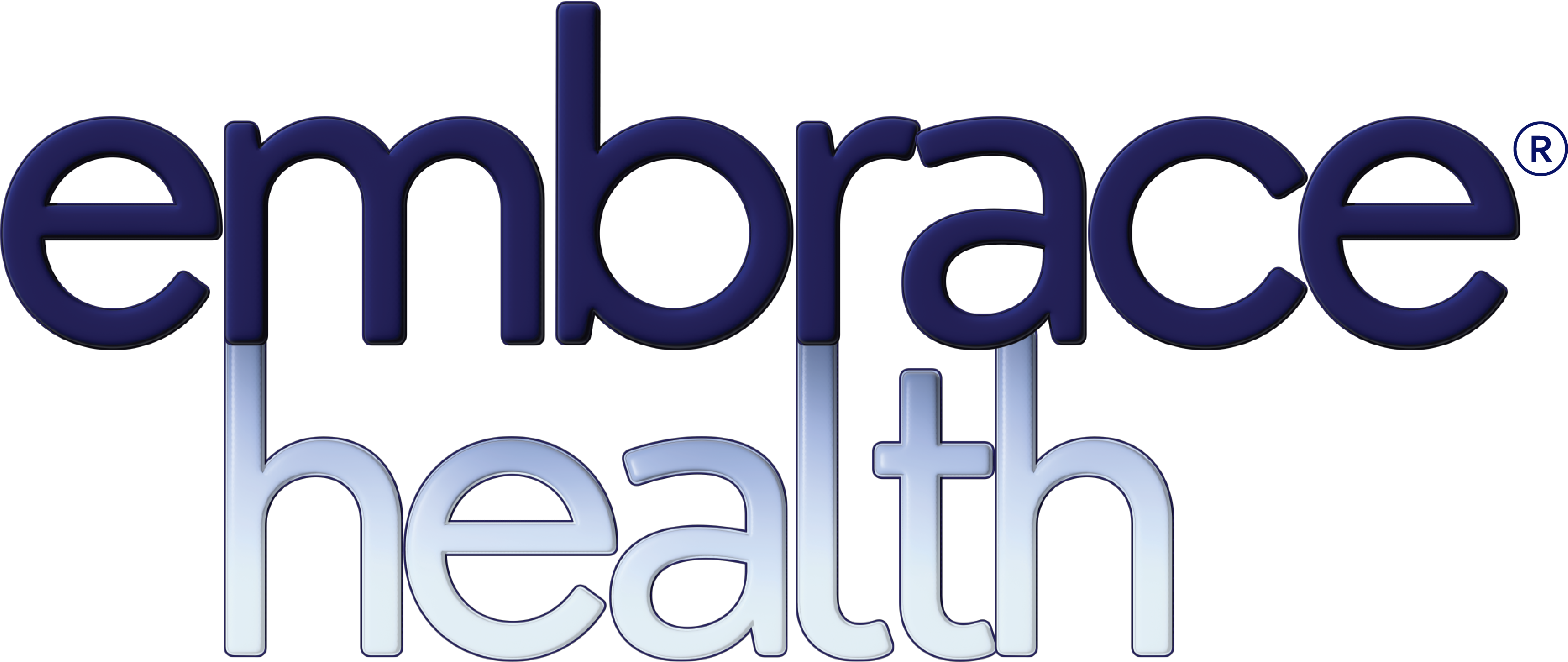Mental health is just as important as physical health, but our actions towards each remain significantly unbalanced. Although we tend to acknowledge the importance of mental health, very few people do anything about it. In a survey done by VeryWell Mind, 77% of adults said their physical health was important, and 76% acknowledged the importance of taking care of their mental health. VeryWell Mind states, “While we may understand and verbalize the need to care for our minds as well as our bodies, our actions reflect a very different reality. Our survey found that 61% of Americans spend more time working on their physical health, compared to 39% who focus more on their mental health,” (Verywell Mind, 2021).
A study by Aetna included 2200 adults. They were answering questions regarding their understanding of how a healthy mind contributes to overall health. It showed that 95% of those surveyed acknowledged the need to give extra TLC (Tender Loving Care) in caring for their mind, but only 23% did anything about it, (Aetna, 2022).
Psychiatrist and Aetna medical director Gabriela Cora, MD, believes that strong mental health comes from paying equal attention to the “four pillars” of good health: nutrition, exercise, sleep, and relaxation. “But when [they] asked people to select multiple health goals, the diet was at the top of the list, with some choosing more than one diet goal. The other three pillars ― exercise, sleep, and relaxation ― were afterthoughts, as was spending more time with friends and family,” (Aetna, 2022).
Since so many of us naturally gravitate towards putting our physical health before our mental health, it’s important and helpful to remember that the mind and body work together.
A healthy relationship between your mind and body can aid with how you feel day-to-day and enhance your quality of life overall. Sapien Lab reminds us that having a healthy mind-body connection can help with:
- Having a good night’s sleep and waking up feeling rested
- Coordinating your body movements (such as having good eye-hand coordination)
- Having the mental, emotional, and physical energy needed to achieve daily tasks
- Keeping check on your eating habits so that you can maintain a healthy and strong body
- Coping with stress in a productive way
Alternatively, if you have difficulty with your mind and body connection, you may:
- Frequently suffer from colds, coughs, or infections
- Have physical symptoms (such as digestive problems) with no apparent physical cause
- Experience chronic illness or frequent pain
- Often feel tired and worn out
- Have decreased sexual interest
In addition to day-to-day living, your mind can have an impact on your long-term health. EMBO Report tells us that stress can influence the heart, nervous system, neuroendocrine function, and immune system. It also noted that stress reduction can help to treat/lower the risks of several health conditions including heart disease, heart attacks, coronary artery disease, headaches, insomnia, incontinence, chronic lower back pain, and cancer symptoms. “The potential of stress reduction and social support as a therapeutic intervention became evident in the late 1980s during a study of women with breast cancer. David Spiegel, Director of the Psychosocial Research Laboratory at Stanford University (CA, USA), wanted to determine whether women with metastatic breast cancer who participated in supportive-expressive group therapy had a better quality of life and symptom control than those who received only medical treatment. To his and others’ surprise, not only did the women have a better quality of life and less pain, but they also lived significantly longer (Spiegel et al, 1989).” (EMBO Report, 2006)
We increasingly understand the connection to tending to our mental health as essential for overall health and quality of life, so why do so many Americans find it hard to prioritize their mental health the same way they do their physical health? Aetna found that one reason was not knowing how to get started. “One in ten people expressed confusion over how to get started as a barrier to achieving their health goals. At some point, we’ve all been overwhelmed by the idea of a big project. Taking the first step to a healthier life is often the hardest part,” (Aetna, 2022).
If you want to start caring for your mental health but are finding it difficult to get started, the list below from Mental Health America is a great place to start. You can find a range of things to do from simple tasks to more complex and challenging ones, there is something for everyone:
- Track gratitude and achievement with a journal – include three things you are grateful for and three things you were able to accomplish today.
- Set up a getaway. It could be camping with friends or a trip to the tropics. Planning a vacation and having something to look forward to can boost your overall happiness for up to 8 weeks!
- Work on your strengths. Do something you’re good at to build self-confidence, then tackle a more challenging task.
- Keep it cool for a good night’s sleep. The optimal temperature for sleep is between 60- and 67 degrees Fahrenheit.
- “You don’t have to see the whole staircase, just take the first step.” – Martin Luther King, Jr. Think of something in your life you want to improve and figure out what you can do to take a step in the right direction.
- Experiment – try a new recipe, write a poem, paint or try a Pinterest project. Creative expression and overall well-being are linked.
- Show some love to someone in your life – close, quality relationships are key to a happy, healthy life. Send someone you care about a text or treat them to a cup of coffee.
- Boost brainpower by treating yourself to a couple of pieces of dark chocolate every few days. The flavonoids, caffeine, and theobromine in chocolate are thought to work together to improve alertness and mental skills.
- “There is no greater agony than bearing an untold story inside of you.” -Maya Angelou. If you have personal experience with mental illness or recovery, share on Twitter, Instagram, and Tumblr with #mentalillnessfeelslike.
- Spend some time with a furry friend. Time with animals lowers the stress hormone – cortisol and boosts oxytocin – which stimulates feelings of happiness. If you don’t have a pet, hang out with a friend who does or volunteer at a shelter.
- Practice forgiveness – even if it is as simple as forgiving that person who cut you off during your commute. People who forgive have better mental health and report being more satisfied with their lives.
- Let something that’s been bothering you out on paper – writing about upsetting experiences can reduce symptoms of depression.
- Are you feeling stressed? Smile – it may not be the easiest thing to do but smiling can help lower your heart rate and calm you down.
- Take time to laugh. Hang out with a funny friend, watch a comedy or check out cute videos online. Laughter helps reduce anxiety.
- Go off the grid. Leave your smartphone at home for a day and disconnect from constant emails, alerts, and other interruptions. Spend time doing something fun with someone face-to-face.
- Dance around while you do your housework. Not only will you get chores done, but dancing reduces levels of cortisol (the stress hormone) and increases endorphins (the body’s “feel-good” chemicals).
- Go ahead and yawn. Studies suggest that yawning helps cool the brain and improves alertness and mental efficiency.
- Relax in a warm bath once a week. Try adding Epsom salts to soothe aches and pains and help boost magnesium levels, which stress can deplete.
- Sometimes, we don’t need to add new activities to get more pleasure – we only need to soak up the joy in the ones we already have. Trying to be optimistic doesn’t mean ignoring the uglier sides of life. It just means focusing on the positive as much as possible.
The ways you think and feel matter, and finding your way to a happier, healthier mind starts with taking the first steps. There is no step too small, and it’s never too late to start prioritizing your mental health; your mind and body can benefit no matter where you are on your journey.
To learn more about ways you can take care of your mental health, or if you are ready to embrace your mental health journey, contact Embrace Health today! We are a virtual practice offering teletherapy and telepsychiatry to people across Iowa. We offer a variety of telehealth services, from individual therapy and group therapy to online psychiatry appointments. All you need is reliable Wi-Fi and a smartphone, laptop, or tablet! To book your first appointment, click here!
Topics Covered:
- Health
- Mental health
- Mind-body connection
- Physical health
- Quality of life
- Sleep health
- Therapist in Iowa
- Wellness


